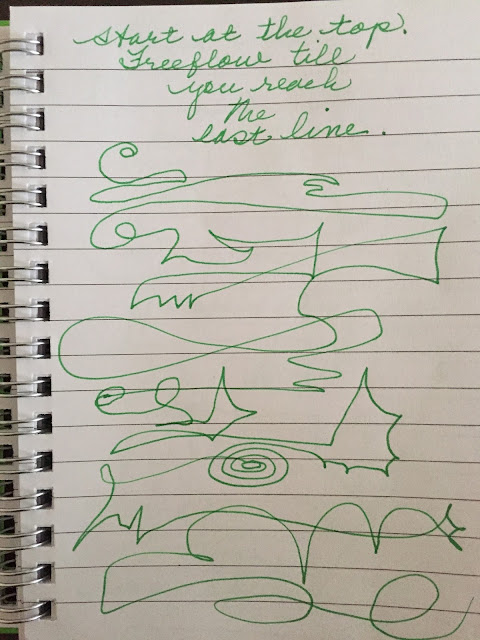Trungpa Rinpoche advised pausing to look at the sky or stopping to listen intently. He believed in using gaps in life and called it, "poking holes in the clouds."
Take time to notice the space between breaths.
Discover a gap between thoughts.
Stay in a moment of awe.
Relish an instant of curiosity.
Pause for creativity to take over.
Remain present without negativity or judgment.
Find a pen in the clouds and write into the mystery.
Take time to notice the space between breaths.
Discover a gap between thoughts.
Stay in a moment of awe.
Relish an instant of curiosity.
Pause for creativity to take over.
Remain present without negativity or judgment.
Find a pen in the clouds and write into the mystery.
















































